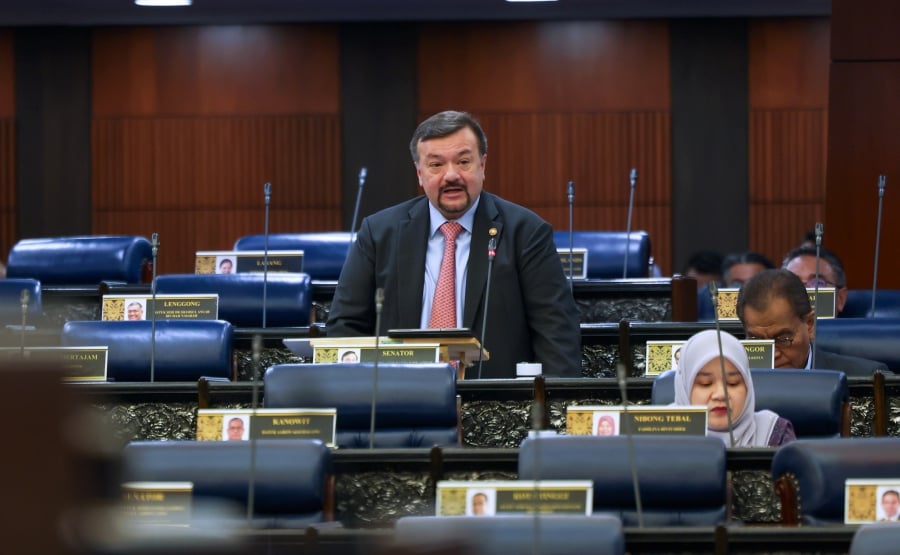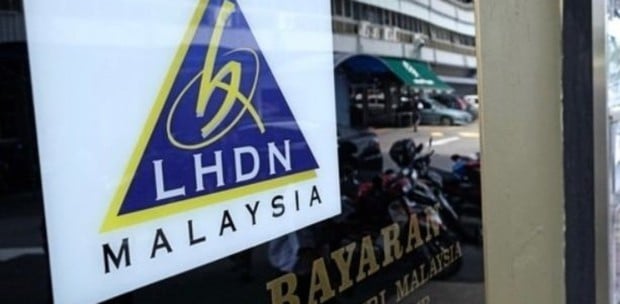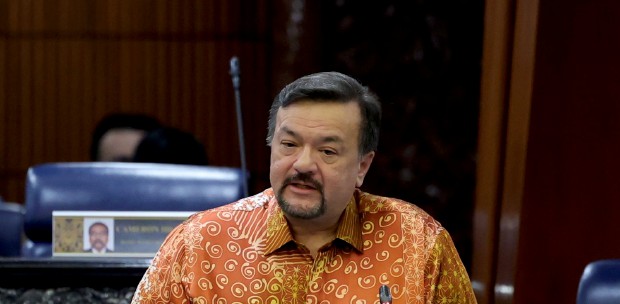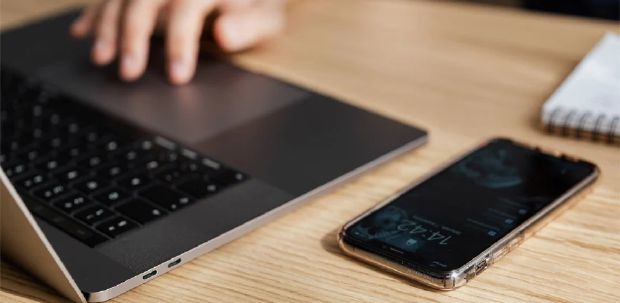KUALA LUMPUR: The government has agreed to allow micro, small and medium enterprises (MSMEs) to issue consolidated e-Invoices which combine all sales transactions conducted for each month.
Finance Minister II Datuk Seri Amir Hamzah Azizan said MSMEs only have to submit the e-Invoices to the Inland Revenue Board (IRB) within the first seven days of the following month.
"The government is aware of the challenges faced by MSMEs in adopting e-Invoices, especially the higher operational cost, technological application and the gap in knowledge readiness on e-Invoice," he said in the Dewan Rakyat today in reply to a query from Khoo Poay Tiong (PH-Kota Melaka).
Khoo had wanted to know the details pertaining to the government's effort to explain to assist small and medium enterprises in implementing e-Invoice and the method of managing the system's maintenance cost.
The minister explained that there are two e-Invoice transmission mechanisms — data transmission via the MyInvois portal or point-of-sale system which does not involve additional cost, and integration of the business accounting system with the MyInvois system.
For traders who choose to develop their own systems or use technology providers, tax incentives have been provided including the reduction of the capital allowance claim period from four years to three years for the purchase of ICT equipment and computer software packages effective from assessment year 2024.
He also said traders will enjoy a tax deduction of up to RM50,000 for each assessment year for consulting fee expenses incurred by MSMEs from assessment year 2024 to 2027.
"The government is also aware that the process to adapt to e-Invoicing requires a long period due to the challenges and constraints faced, especially for small traders such as roadside stalls or door-to-door businesses.
"Currently, small traders who have annual sales of below RM150,000 do not need to issue e-Invoices. However, the government is encouraging the involvement of small traders in the e-Invoicing initiative in line with the country's aspirations towards digitisation of business," he said.
He also said the government will ensure the transition period to e-Invoicing can be implemented more flexibly by taking an "educate and correct" approach, while continuing to commit to helping all companies including MSMEs in fully implementing e-Invoicing





